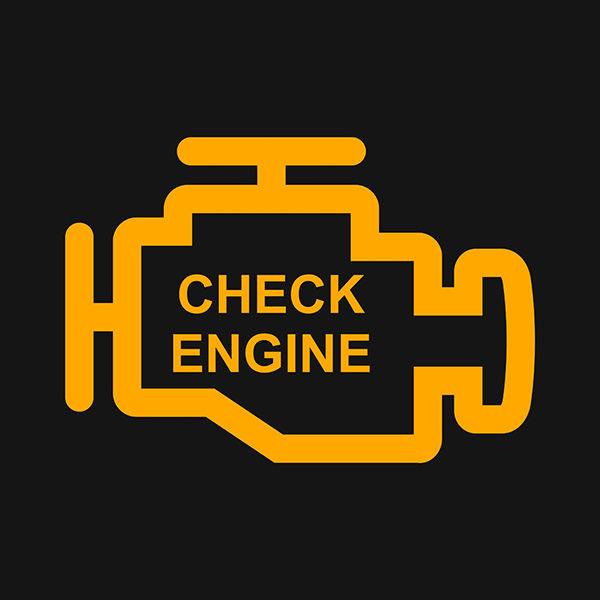Posted on 8/29/2025

When you first learn to drive, instructors emphasize keeping both hands on the wheel. This habit isn’t just about passing a test. It’s about maximizing control of your vehicle. Driving with one hand may feel casual or convenient, but it compromises stability and increases the likelihood of delayed reactions in the event of an unexpected occurrence. The Dangers of One-Handed Driving With only one hand on the wheel, you limit your ability to make precise adjustments. A quick swerve to avoid a pothole or sudden movement from another driver is harder to manage when your grip and leverage are reduced. In emergencies, those few seconds of slower reaction can be the difference between a close call and a collision. One-handed driving also tends to encourage distractions, like resting your arm on the console or holding a phone, which only adds to the risks. Proper Hand Positions for Maximum Control Most safety experts recommend the 9 and 3 o&rsq ... read more
Posted on 7/29/2025

Brakes are one of the most important safety systems in your car. While most drivers consider changing their oil or rotating their tires, brake inspections are often overlooked until a problem makes them impossible to ignore. But waiting until your brakes start squeaking, grinding, or feeling weak can put you and others at risk on the road. Routine brake inspections can detect small issues before they develop into serious problems, ensuring your vehicle maintains its full stopping power in every situation. Whether you’re navigating stop-and-go traffic or cruising down the highway, your brakes need to be in peak condition at all times. Why Brake Inspections Are Important Your braking system is made up of several components that work together to slow and stop your vehicle. These include brake pads, rotors, calipers, brake fluid, and sometimes drums and shoes, depending on the ... read more
Posted on 6/27/2025

Seeing the check engine light come on is always a little unsettling, but when it starts flashing? That’s a much more urgent signal. Unlike a steady check engine light that typically indicates a non-critical issue, a flashing one often means your engine is experiencing a severe problem that can’t wait. If your check engine light flashes intermittently (turning on and off while you drive), it’s your vehicle warning you that something needs immediate attention. Ignoring it could lead to costly engine damage or even complete failure. Understanding what causes this flashing behavior is the first step toward protecting your vehicle. Why the Light Flashes Instead of Staying Steady The engine control module (ECM) is designed to monitor your car’s performance in real time. A steady light is usually related to emissions problems or non-urgent malfunctions. Still, when the system detects a misfire that could harm the catalytic converter, it switches to ... read more
Posted on 5/30/2025

When it comes to auto repairs, trust is important, as is peace of mind. One of the best ways to ensure you’re getting both is to choose a repair shop that offers a solid warranty on parts and labor. A repair warranty shows that the shop stands behind its work and gives you confidence that you won’t be left covering the cost if something goes wrong after you leave the lot. If you’re deciding where to take your vehicle for service, here’s why a warranty-backed shop is the smarter choice. It Shows Confidence in the Quality of Work A shop that offers a strong warranty is telling you they believe in the skill of their technicians and the quality of the parts they use. It’s not just about fixing the car but also about doing it right the first time. Offering a warranty means every job meets high standards and is done with care, precision, and long-lasting results. If an issue does arise after service, a warranty provides a clear process for m ... read more
Posted on 4/28/2025

Your truck feels solid and smooth at lower speeds, but once you hit the highway, the ride turns shaky. That kind of vibration at high speeds isn’t just uncomfortable—it’s a sign that something isn’t right. Whether it’s coming from the tires, suspension, or drivetrain, vibrations shouldn’t be ignored. Over time, they can lead to greater wear on components or even compromise your safety. Let’s explore some of the most common reasons your pickup might vibrate at highway speeds and what you can do about it. Tire and Wheel Imbalance One of the most frequent causes of vibration at highway speeds is wheel imbalance. Even a small weight discrepancy can throw off the balance of your tires, especially when driving above 55 mph. This imbalance can cause a noticeable shake in the steering wheel, seat, or even the entire vehicle. Improperly balanced or unevenly worn tires are also culprits. Hitting a pothole or curb can shift a tire&rsq ... read more